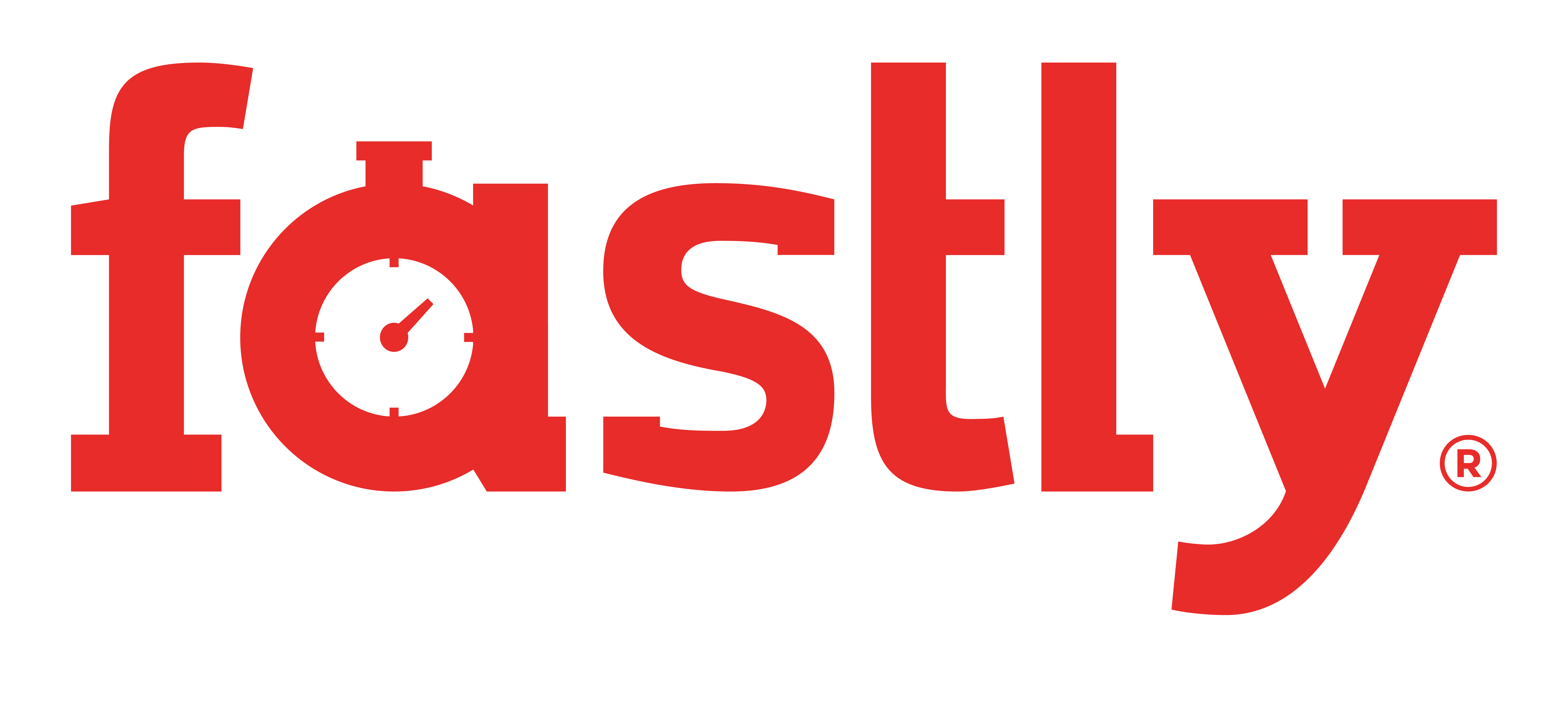∞Using RVM with Cron
RVM allows few easy ways to integrate with cron
- Direct calling RVM generated wrappers.
- Loading RVM environment files in shell scripts.
- Direct calling custom RVM wrappers (eg. God).
- Loading and using RVM in shell scripts.
∞Direct calling RVM generated wrappers
For every installed ruby and created gemset RVM creates wrappers for
basic command line tools like gem, rake, ruby. You can find them
in $rvm_path/wrappers/<ruby-version>[@gemset-name].
So when the project ruby is 2.1.1@projectX then the following
cron entries will work using the proper environment:
1 0 * * * /usr/local/rvm/wrappers/ruby-2.1.1@projectX/ruby /path/to/script.rb 1 15 * * * /usr/local/rvm/wrappers/ruby-2.1.1@projectX/rake update stats
∞Aliases
To simplify future changes of ruby version use aliases, it's the simplest way to ensure that configuration does not have to change when ruby version changes:
rvm alias create my-project ruby-2.1.1@projectX
then you can use the aliased path:
1 15 * * * /usr/local/rvm/wrappers/my-project/rake update stats
∞Loading RVM environment files in shell scripts
For every installed ruby and created gemset RVM creates environment files. You can find them by running:
rvm env --path -- ruby-version[@gemset-name]
Assuming the the project ruby@gemset is 2.1.1@projectX then
calling:
rvm env --path -- 2.1.1@projectX
will return
/usr/local/rvm/environments/ruby-2.1.1@projectX
∞Example script
Basic shell script for interacting with rvm installed ruby would look like this:
#!/usr/bin/env bash # load rvm ruby source /usr/local/rvm/environments/ruby-2.1.1@projectX bundle install ruby /path/to/script.rb rake do something

